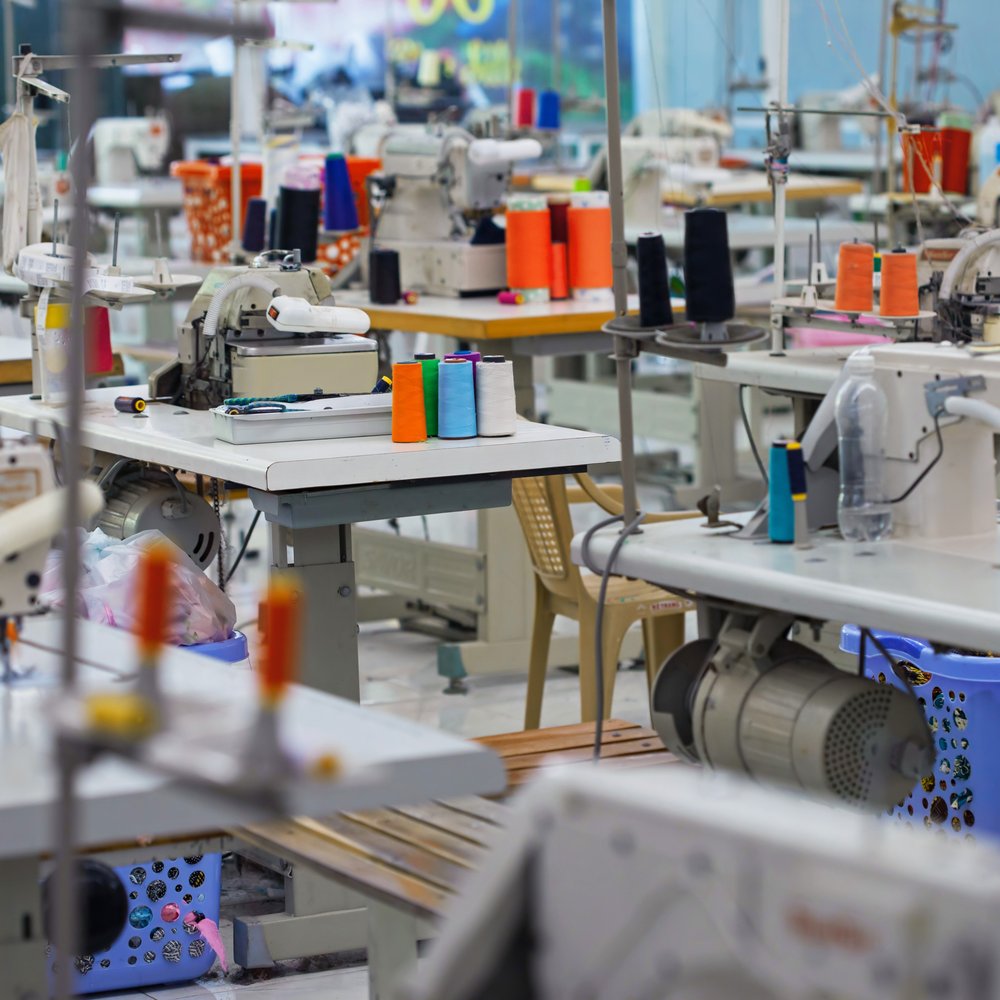Bangladesh: Government finalises garment workers' minimum wage at rate deemed "unacceptable" by labour groups

Shutterstock (purchased)
"Tk12,500 minimum wage finalised for RMG, calls for increases unheeded", 26 Nov 2023
The government has finalised Tk12,500 as the minimum wage for garment workers, rejecting the demand for an increase from various labour organisations.
However, the total number of pay grades has been reduced to four and the wages have been slightly increased, Chairman of the Minimum Wage Board Liaquat Ali Molla made the disclosure at a press conference in the Secretariat after the board's 7th meeting yesterday.
[...]
Siddiqur Rahman, owners' representative on the wage board and former president of the Bangladesh Garment Manufacturers and Exporters Association (BGMEA), welcomed the revised wage structure. "This decision was made unanimously; no party has any objection. This salary is satisfactory," he said.
Sirajul Islam Rony, labour representative and president of the Bangladesh National Garment Workers League, has accepted the new wages. He mentioned, "The cost of living is not commensurate with the current market rates. Yet, it is better than evil."
However, labour unions consider this wage to not be a living wage. In a statement, the Garment Workers Trade Union Centre termed the final wage structure "unacceptable," saying that although the workers were returned to work with the assurance of wage revision, the wage board did not set the minimum living wage in the current market in the final wage structure.
Currently, workers' wages increase by 5% annually over their basic pay. The organisation had proposed a 10% increase considering high inflation, which was not accepted.
As a result, the actual wages of workers will fall further every year, the organisation's statement said.
"Garment industry owners get the price of products in the dollar and pay workers in the taka. Without a 10% increment for workers, owners will count additional profit without any investment, and the real wages of workers will continue to decrease," it added.
Babul Akter, general secretary of the Bangladesh Garment and Industrial Workers Federation, told TBS, "With this wage, it will not be possible to run the family of a worker. The aspirations of the workers remained unfulfilled."
However, he urged workers to engage in production without any dissatisfaction on this issue and continue to negotiate with employers.
Towhidur Rahman, former secretary general of the IndustriALL Bangladesh Council, told TBS, "According to the current market rate, it is not possible to live on Tk12,500."
He said, "Requests were made to the government and the wage board from different parts of the world to revise the wages, but the result was nil."
[...]